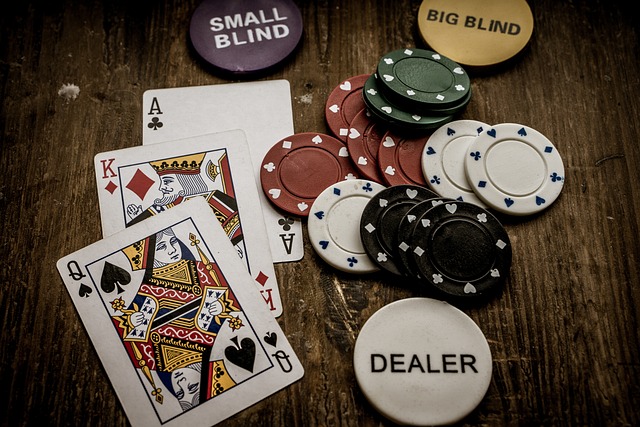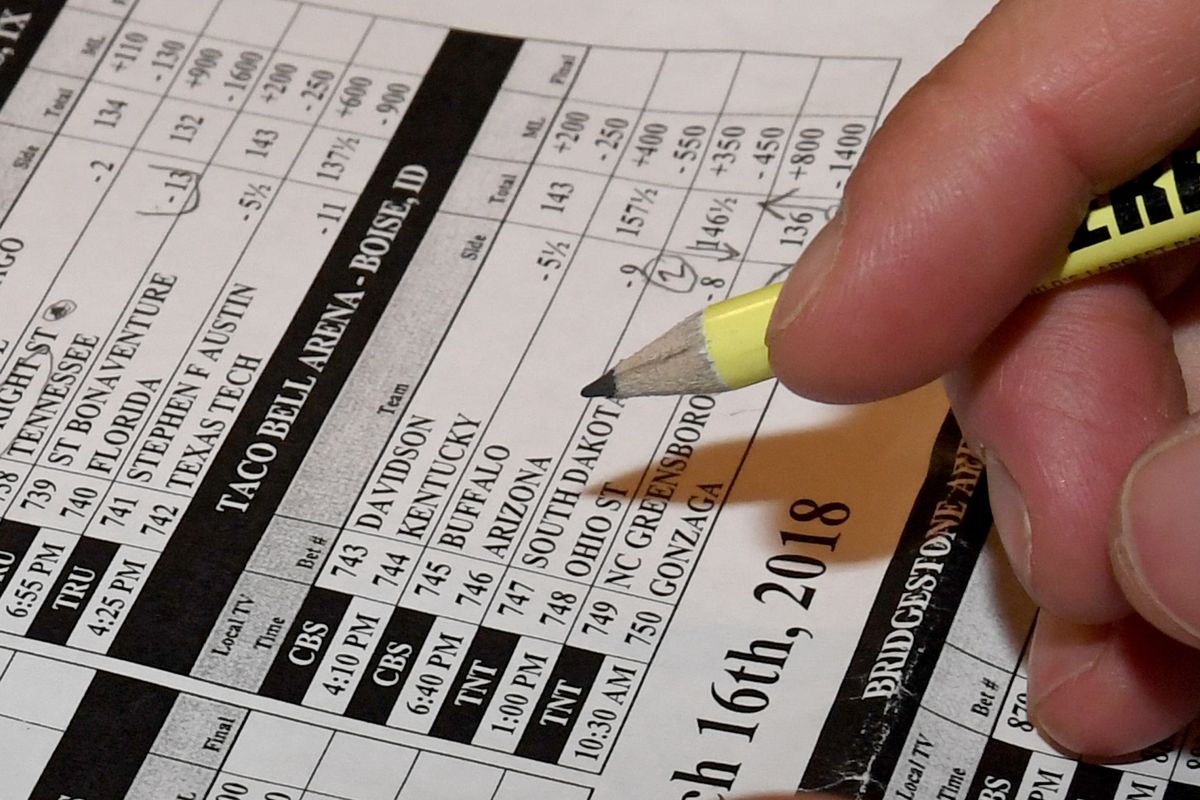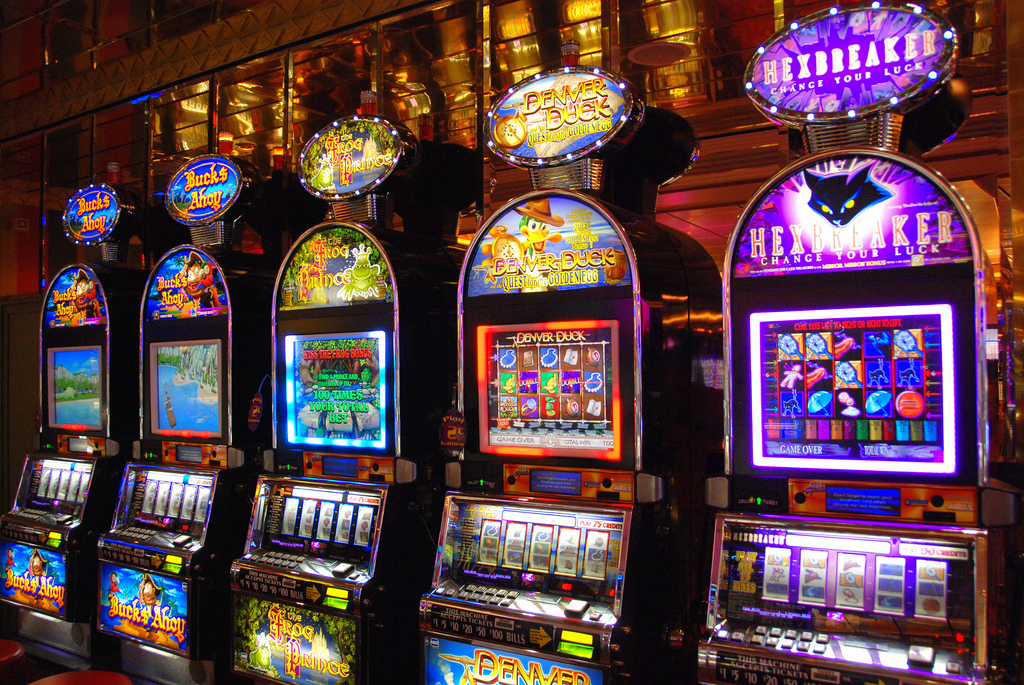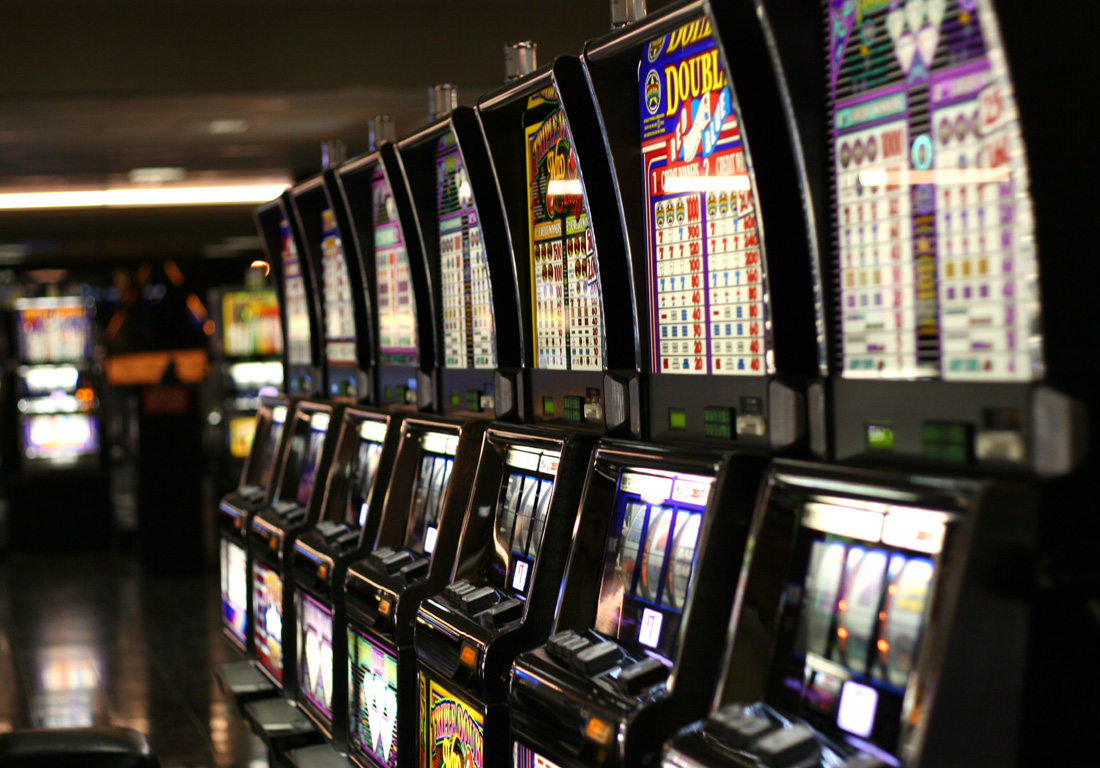Casinos have a significant impact on economic inequality. Their influence extends to local economies, social dynamics, and political decisions.
Economic Boost
Casinos boost local economies. They create jobs and attract tourists. This influx of money revitalizes areas. Local businesses benefit from increased foot traffic and spending.
Wealth Distribution
While casinos generate wealth, distribution is unequal. High earnings often go to owners and investors. Lower-level employees receive less. This contributes to economic inequality within communities.
Political Influence
Political decisions shape casino development. Local governments grant zoning permits and approvals. Politicians support casinos for economic benefits. This political backing is crucial for casino projects.
Community Impact
The presence of a casino can transform a community. Some residents welcome the economic boost. Others worry about rising costs and changing neighborhoods. Balancing these impacts is essential.
Property Values
Casinos can drive up property values. This benefits homeowners but can hurt renters. Higher property values lead to increased rent and living costs. This process displaces long-term residents.
Infrastructure Development
Casinos often lead to infrastructure improvements. Roads, public transport, and utilities are upgraded. These benefits extend to the entire community. However, they also attract more people, increasing demand on services.
Case Study: Detroit

Detroit used casinos to help urban renewal. The city faced economic decline. Casinos brought jobs and tourists. They boosted the local economy. Detroit’s model offers valuable lessons.
Social Displacement
Gentrification can displace low-income residents. Casinos attract wealthier visitors and residents. This shift changes the community’s character. Ensuring affordable housing is crucial to mitigate displacement.
Political Lobbying
Casinos engage in extensive lobbying. They seek favorable regulations and tax breaks. Lobbying efforts influence political decisions. Transparency in these efforts is essential for public trust.
Public Opinion
Public opinion on casinos is mixed. Some see them as economic engines. Others view them as sources of social problems. Politicians must consider these views when making decisions.
Online Casinos
Online casinos like Vave Casino impact urban areas differently. They don’t require physical space but still influence local economies. Governments must adapt regulations for these platforms.
Crime Rates
Casinos can impact local crime rates. Some studies suggest an increase in crime. Others find no significant change. Effective law enforcement and security measures are crucial.
Health Impacts
Casinos affect public health. Gambling addiction has mental and physical health consequences. Local health services must be prepared. Preventative measures and support systems are essential.
Legal Framework
A robust legal framework is essential. It ensures casinos operate fairly. Regulations protect consumers and the community. Effective laws support sustainable development and community well-being.
Environmental Concerns

Casinos consume significant resources. This includes water, energy, and land. Sustainable practices are important to reduce their environmental footprint. Green initiatives can help.
Future Trends
The future of casinos in economic inequality is uncertain. Political, economic, and social factors will shape it. Ongoing dialogue between stakeholders is necessary for balanced development.
International Perspectives
Different countries handle casino-related inequality differently. Some embrace casinos for growth. Others impose strict regulations to protect communities. International cooperation and sharing best practices are beneficial.
Ethical Considerations
Ethical considerations are crucial. Casinos must operate transparently and contribute positively to the community. Fair practices build public trust and support.
Conclusion
Casinos significantly impact economic inequality. Political decisions and economic factors drive these changes. Understanding this complex relationship is essential. Transparent practices and effective governance ensure balanced and fair outcomes. The future of casinos in addressing economic inequality depends on adapting to political and social dynamics.




Recent Comments